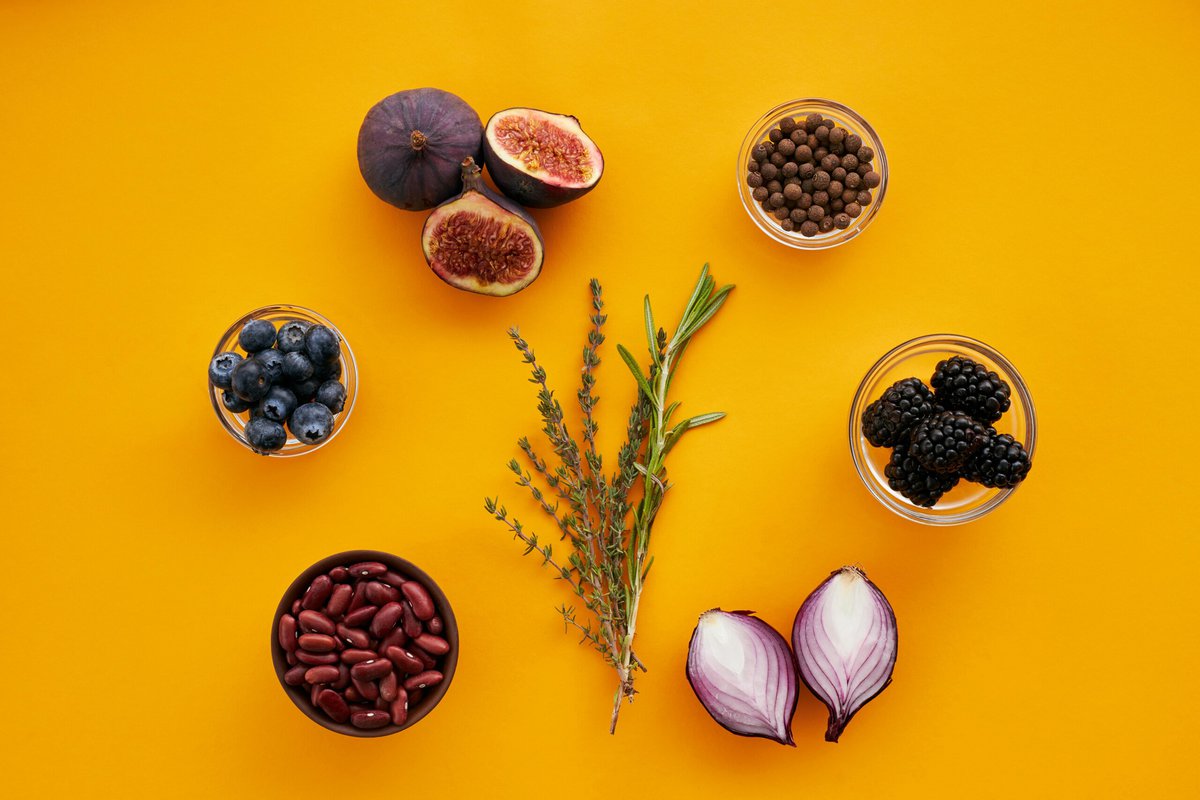
Plant-Based Diet for Beginners: The Ultimate Guide to Transitioning
DISCLAIMER: This post may contain affiliate links, which means that I make a small commission off items you purchase at no additional cost to you. Please read my policy page!
Plant-Based Diet for Beginners: The Ultimate Guide to Transitioning
Thinking about switching to a plant-based diet but not sure where to start? You're in the right place! In this Ultimate Plant-Based Guide for Beginners, I'll share my favorite practical tips, delicious recipes, and everything I've learned to help you transition smoothly. Whether you want to add more plant-based foods to your meals or fully embrace a vegan lifestyle, I've got you covered.
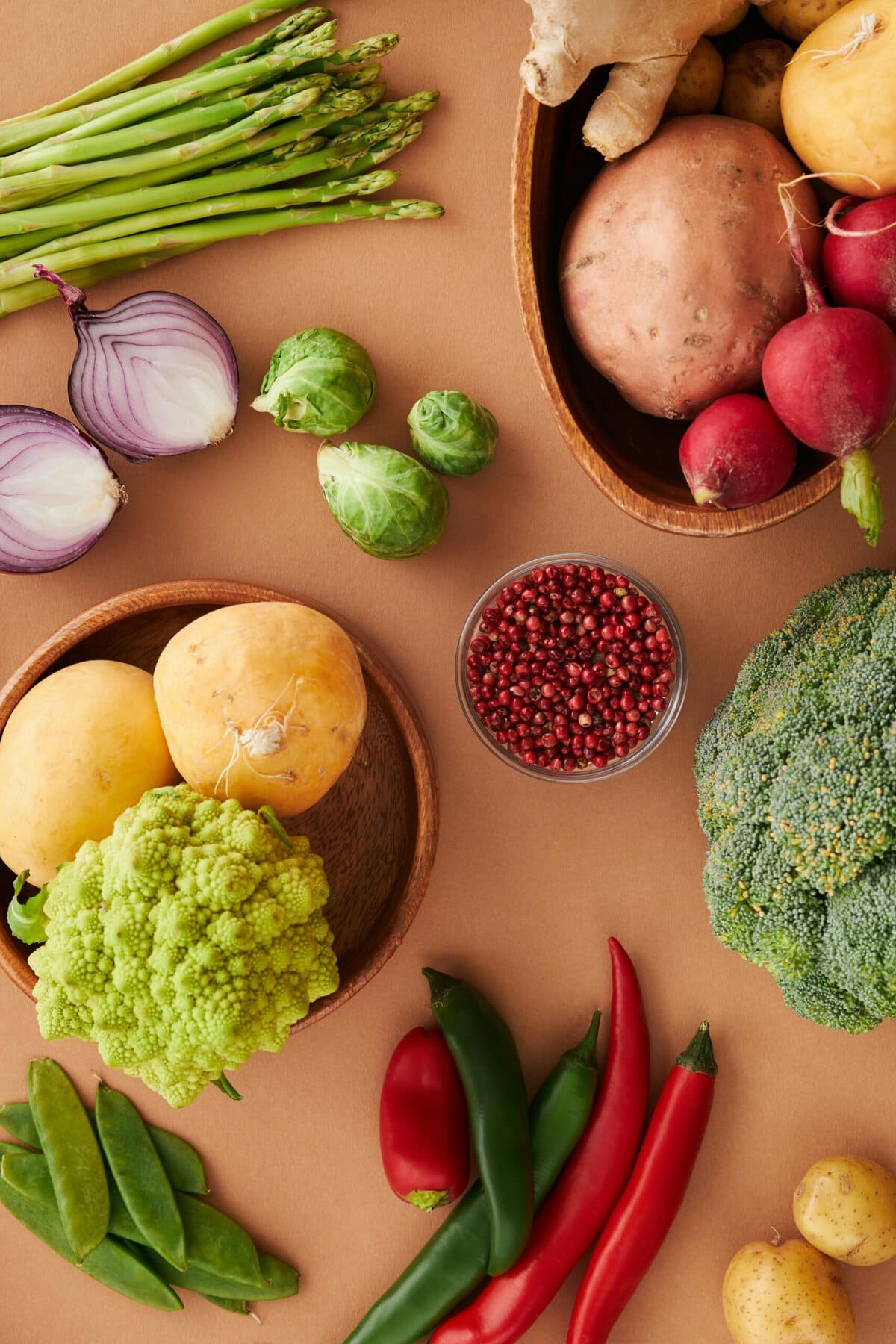
Why Choose A Plant-Based Diet?
I want to start out by saying something important --- It doesn't have to be an all-or-nothing commitment. Even adding more plant-forward foods, like I do, can bring incredible benefits. For me, it's about feeling healthier and more connected to what I eat. It's no surprise that some of the longest-living people in Blue Zones around the world rely heavily on plant-based diets.
Whether you're aiming for a full transition to a plant-based diet or simply curious about adding more plants to your meals, every step counts toward a healthier you and a healthier planet. I hope this "Plant-Based Diet for Beginners: The Ultimate Guide to Transitioning" article helps you see how easy it can be, with practical tips drawn from my own experience and, of course, my fave plant-based recipes for inspiration!
Jump to:
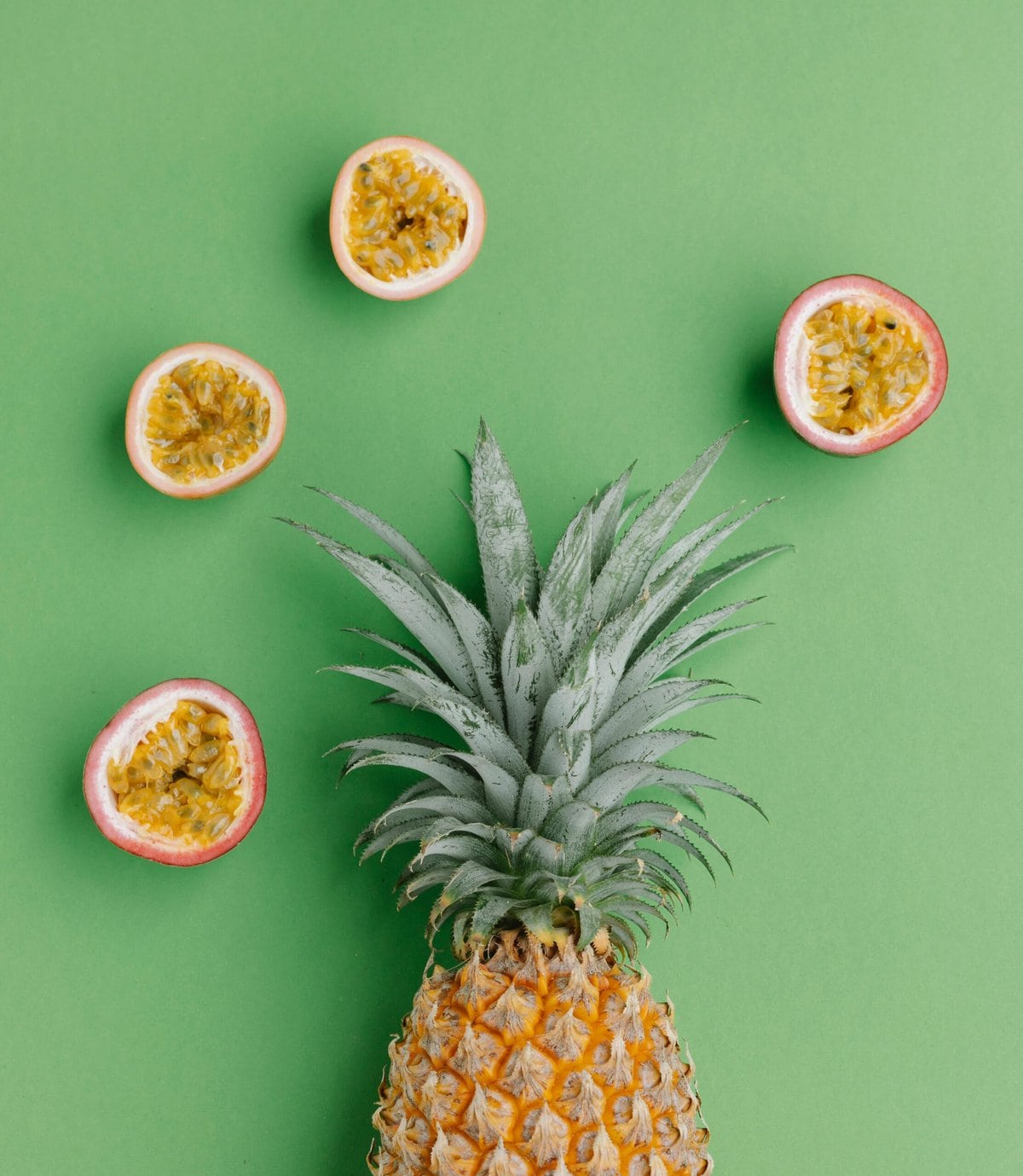
What Is A Plant-based Diet?
A plant-based diet focuses mainly on foods that come from plants, like vegetables, fruits, nuts, seeds, whole grains, legumes, and beans. You don’t have to go completely vegan or vegetarian and cut out animal products entirely. Instead, it's about making plant foods the main part of your meals. By choosing these nutrient-rich, whole foods, you can enjoy a variety of tasty and healthy options while cutting down on meat, dairy, and processed foods.
Plant-Based vs. Vegan Diets: What’s the Difference?
Are plant-based and vegan the same thing? Not exactly. While both diets focus on plant foods, there are key differences:
A Plant-Based Diet emphasizes whole, minimally processed plant foods like vegetables, fruits, nuts, seeds, legumes, and whole grains. It doesn't necessarily exclude all animal products; some people might still consume small amounts of meat, dairy, or eggs.
A Vegan Diet completely excludes all animal products, including meat, dairy, eggs, and often other animal-derived ingredients like honey. Veganism also extends beyond diet, encompassing lifestyle choices that avoid animal products in clothing, cosmetics, and other areas.
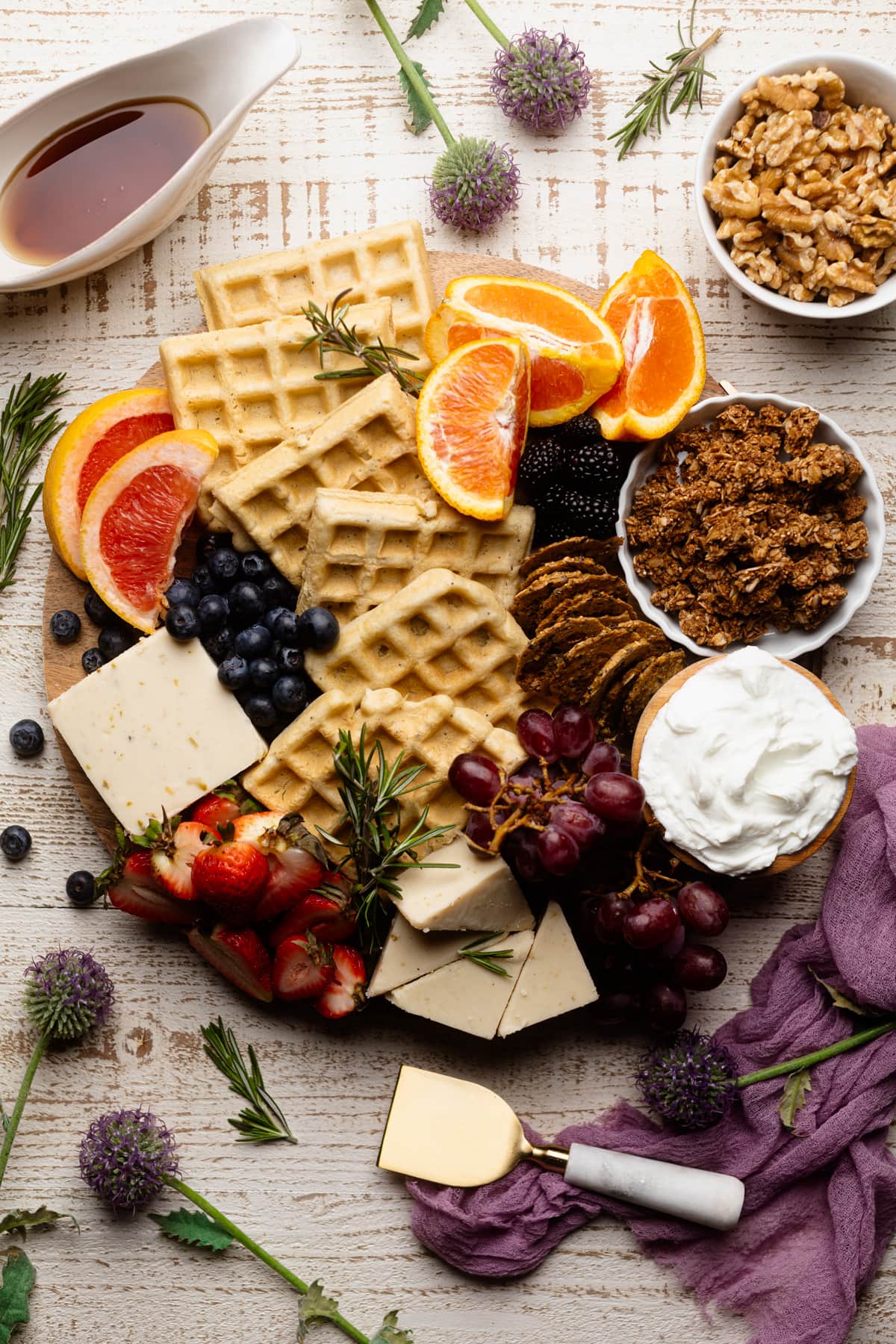
5 Best Ways to Transition into a Plant-Based/Vegan Diet
Here are the most valuable tips and ways I've added more plant-based foods and embraced a plant-forward lifestyle. Trust me, it's easier than you think!
START SLOWLY!
Start by adding more plant-based or vegan ingredients to your current diet. When it comes to transitioning, I've learned that a slow pace is best. Of course, not TOO slow, however, it's super important to do just that---transition. Going "cold turkey" isn't the best choice and most times will lead to relapsing into your old eating habits.
- Try Meatless Mondays or swap out one meal a day with a plant-based option.
- Add more beans or veggies to your current dishes (as long as they go together) to get in the habit of eating and preparing plant-based items.
Gradually increasing the number of plant-based meals can make the change feel less overwhelming + more sustainable. This slow approach allows your taste buds and habits to adapt, making the transition smoother and more enjoyable!
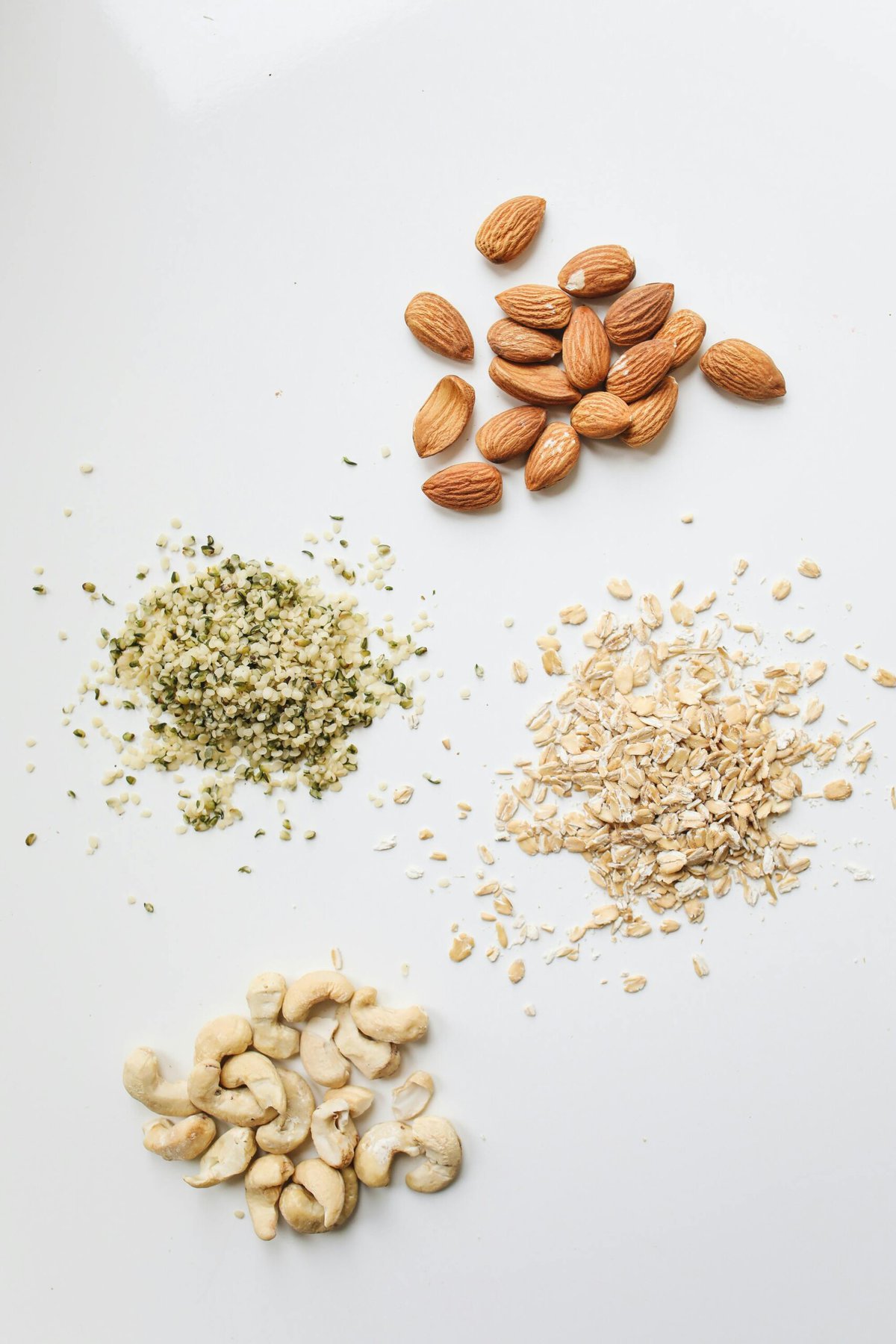
EDUCATE YOURSELF.
Knowledge is key for a smooth plant-based/vegan diet transition.
- Research ingredients to add or replace in your current diet.
- Learn about plant-based nutrition to ensure you're getting all the necessary nutrients.
- Focus on a variety of foods to create balanced meals with proteins, healthy fats, and carbs.
Exploring your options keeps meals exciting and satisfying. Many people, myself included, have struggled with diets because the food got boring. So, keep things interesting and enjoyable! Here are some additional helpful resources:
- 10 Best Vegan Protein Sources
- The Best Milk Alternatives for Your Entire Household
- 10 Plant-Based Foods Loaded With Iron
- Awesome Meat Substitutes to Try This Year
- My Favorite Vegan Sauces to Spice up any Meal
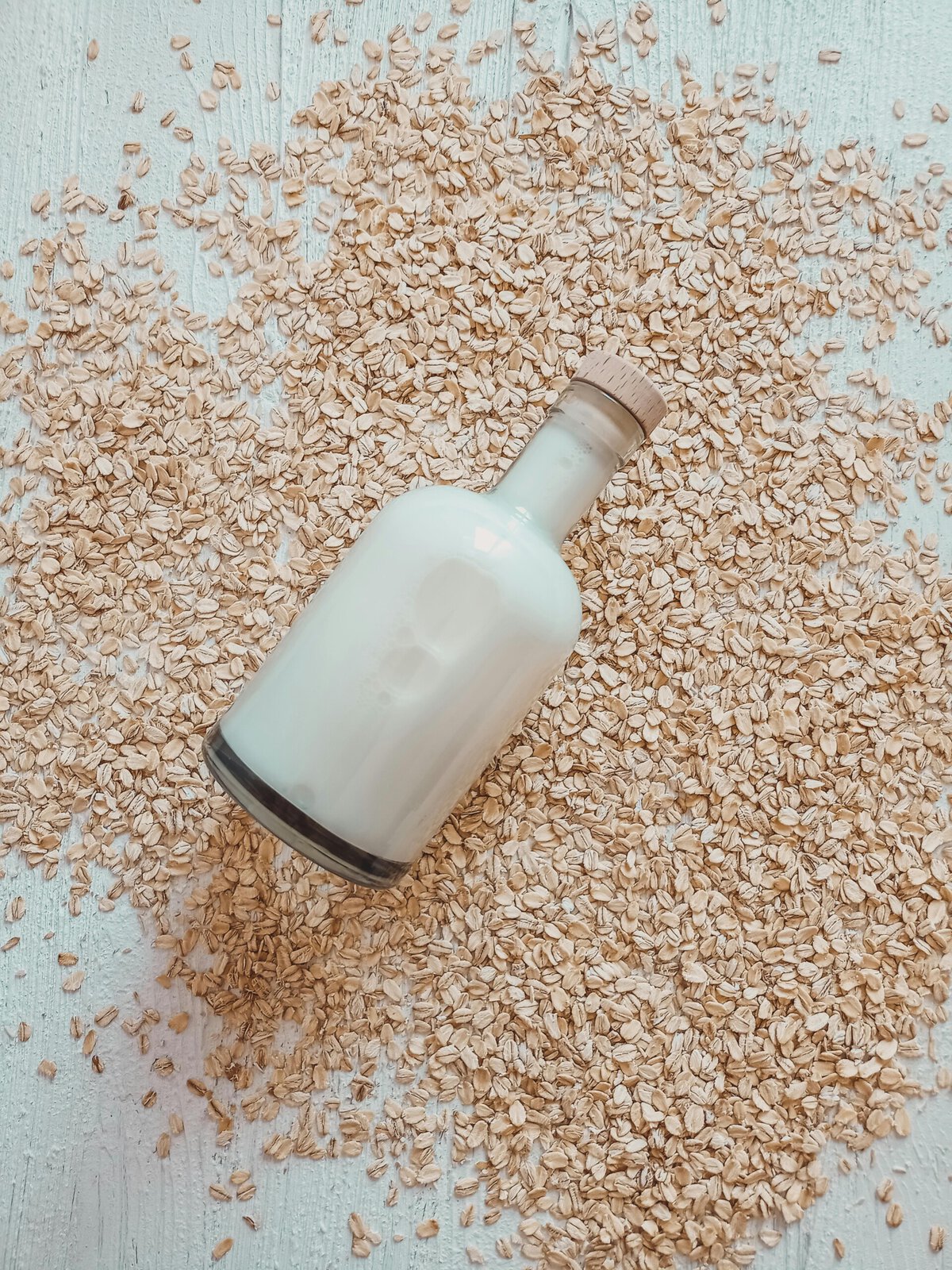
FIND PLANT-BASED ALTERNATIVES.
Find recipes that cater to your taste buds and expose yourself to more options. One of the easiest ways to transition is to find plant-based alternatives for your favorite animal-based products. Nowadays, there are delicious plant-based milks like oat, cashew, coconut, and so on, plus cheeses, meats, and even eggs available in most grocery stores.
Experiment with different brands and types until you find the ones you like best. These alternatives can make the transition more enjoyable and help you recreate familiar dishes without compromising on taste!
PLAN YOU MEALS.
Planning is key to maintaining a plant-based diet. By planning your meals + snacks ahead of time, you can ensure you always have plant-based options on hand. This not only saves time but also helps you avoid the temptation of reaching for less healthy, animal-based foods.
Meal prepping can be a game-changer, allowing you to prepare and portion out meals for the week, making it easier to stick to your new diet. Some foods I love to meal prep ahead of time are:
- Legumes + beans --- Roasted Chickpeas and BBQ Pinto Beans are great!
- Grains --- Whether is quinoa, brown rice, basmati or even coconut rice it makes for a great base for grain bowls.
- Sauces ---- A homemade sauce/dressing really elevates dishes, I love keeping sauces like pesto, dairy-free ranch on hand!
- Granola --- It's perfect for on the go or putting atop smoothie bowls, oatmeal + chia pudding!
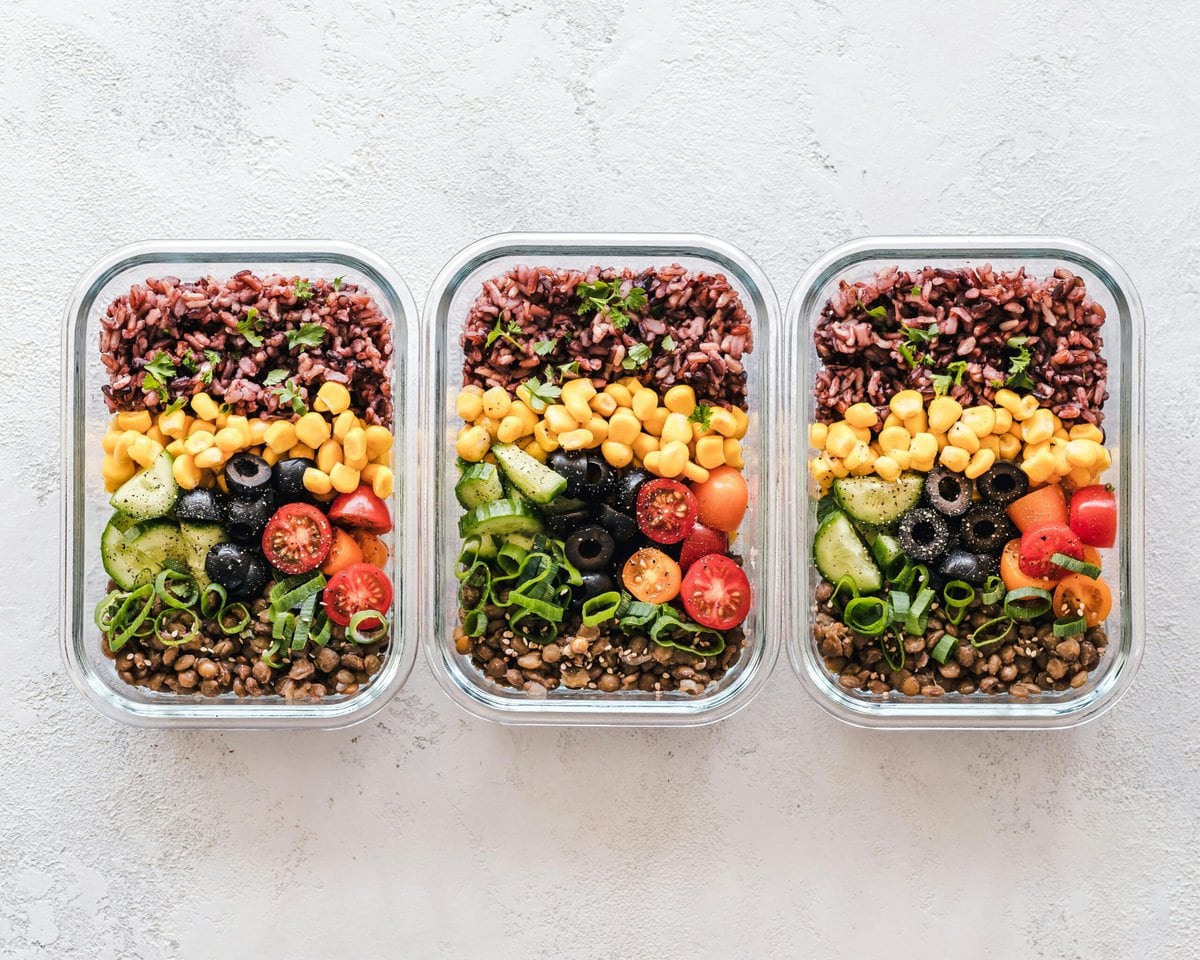
EXPERIMENT WITH RECIPES
Experimenting with recipes is a fun way to enjoy many of your favorite dishes with a plant-based twist. You can still savor classics like lasagna, mac n cheese, or burgers by using plant-based ingredients instead!
Experimenting with new ingredients and recipes can keep your meals interesting and prevent you from feeling restricted, making the transition more enjoyable and sustainable.
Benefits Of A Plant-Based Diet
It's about time I talk about the benefits of a plant-based diet. Eating more plants can greatly improve your health by lowering the risk of chronic diseases and helping with weight management.
It's also better for the environment, reducing your carbon footprint and conserving resources. Plus, plant-based foods are often more affordable, making it easier on your wallet. Not to mention, cutting back on animal products supports animal welfare. With all these advantages, including better digestion + increased energy, switching to a plant-based diet is a win for your body and the planet.
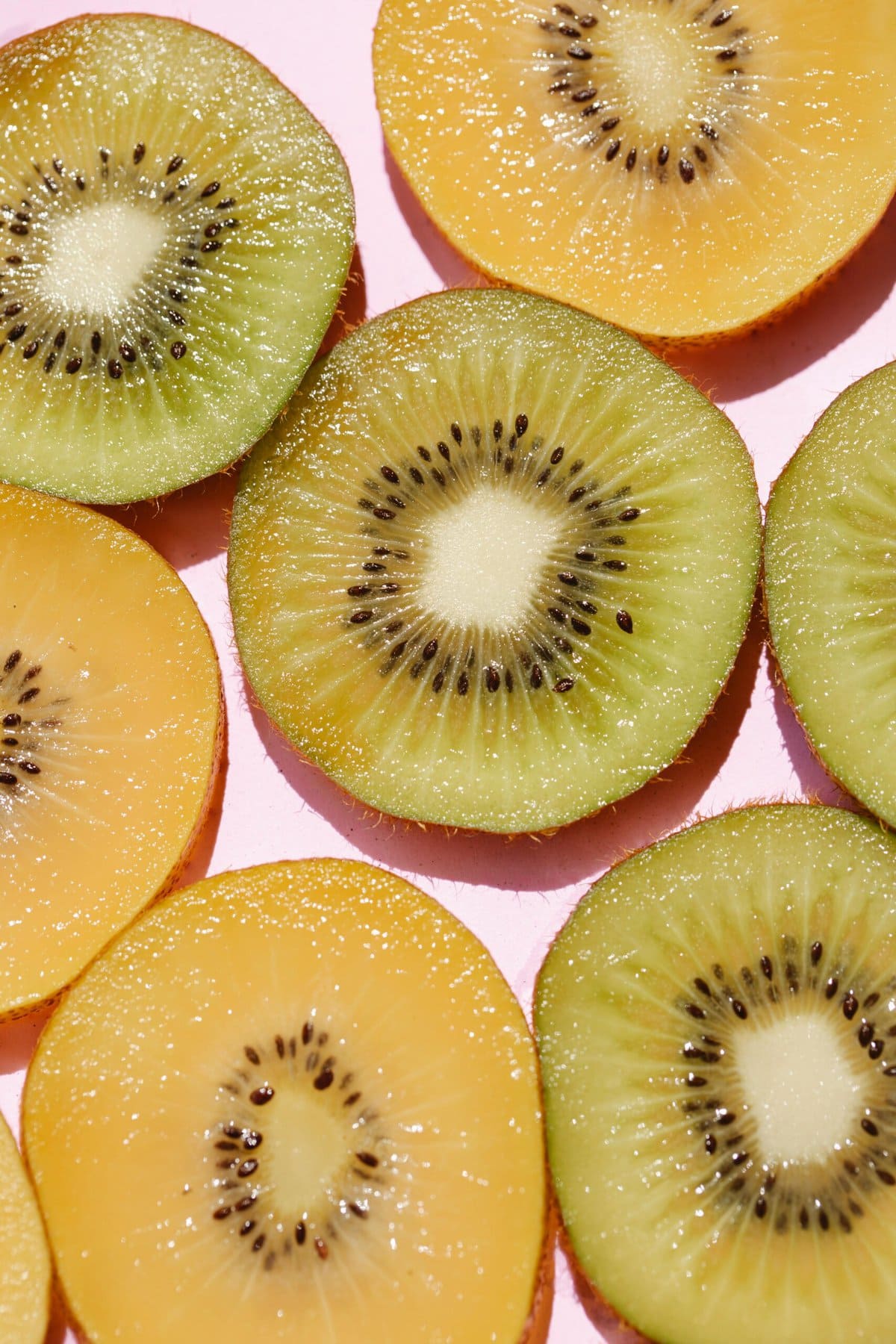
Easy Plant-Based Recipes Worth Trying
Here are some of my go-to easy plant-based recipes that I loved making at the beginning of my transition and still enjoy regularly:
- The Best Vegan Pot Pie
- Crispy BBQ Pinto Bean Tacos
- Vegan BBQ Jerk Jackfruit Chipotle Burrito Bowl
- Vegan Jamaican Beef Patties
- Vegan Bolognese Pasta
- Vegan 'Tuna' Melt Sandwich
- Crunchy Vegan Banana Bread
- The Best Vegan Chocolate Cake
There you have it— I hope you loved learning about transitioning to a plant-based/vegan diet and that it was helpful! If you are looking for any meal inspiration check out my "What To Eat This Week" series for some seriously delicious + healthy eats.
DID THIS HELP IN ANY WAY?
If you've learned anything from 'Plant-Based Diet for Beginners: The Ultimate Guide to Transitioning' or given any recipes on my website a go, I'd truly appreciate it if you could share your experience by leaving a ⭐ star rating and dropping your thoughts in the 📝 comments below. Your feedback means a lot, and I love hearing from you on your wellness journey!


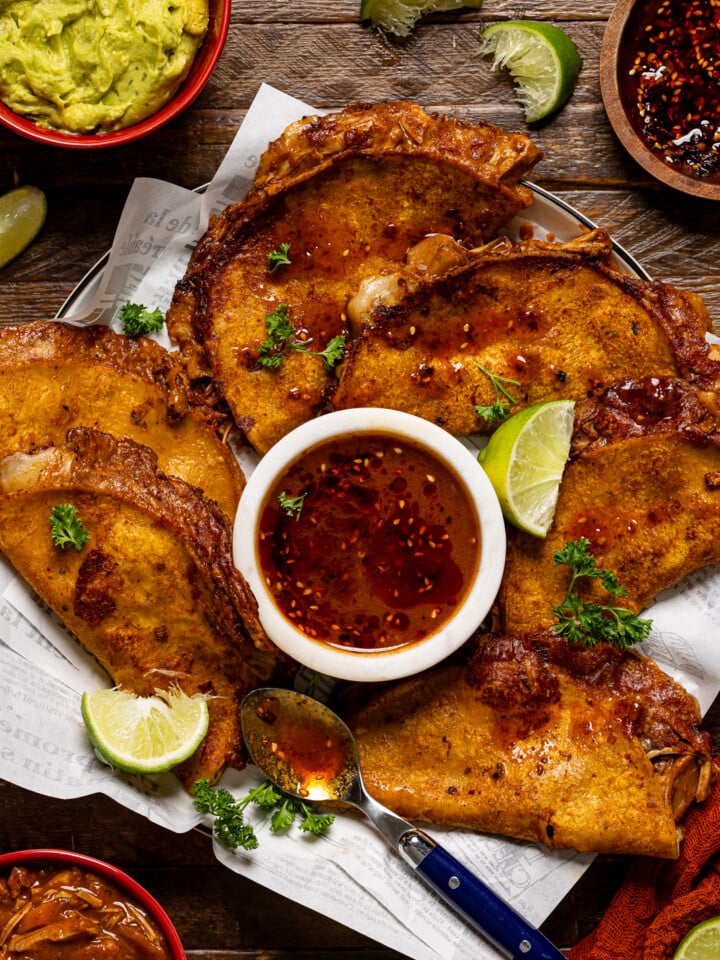

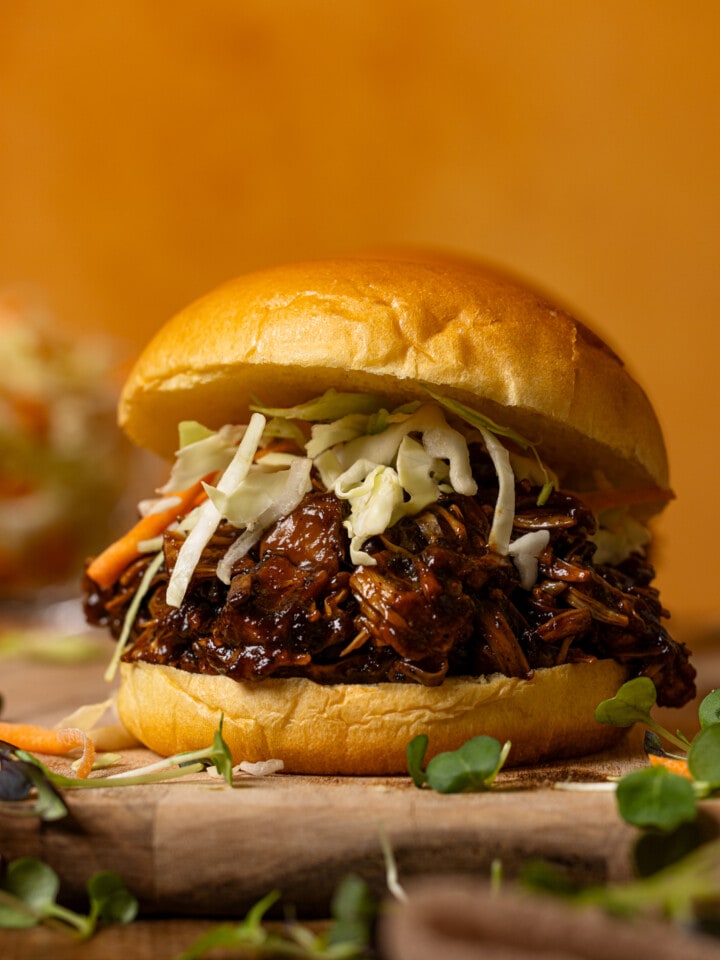
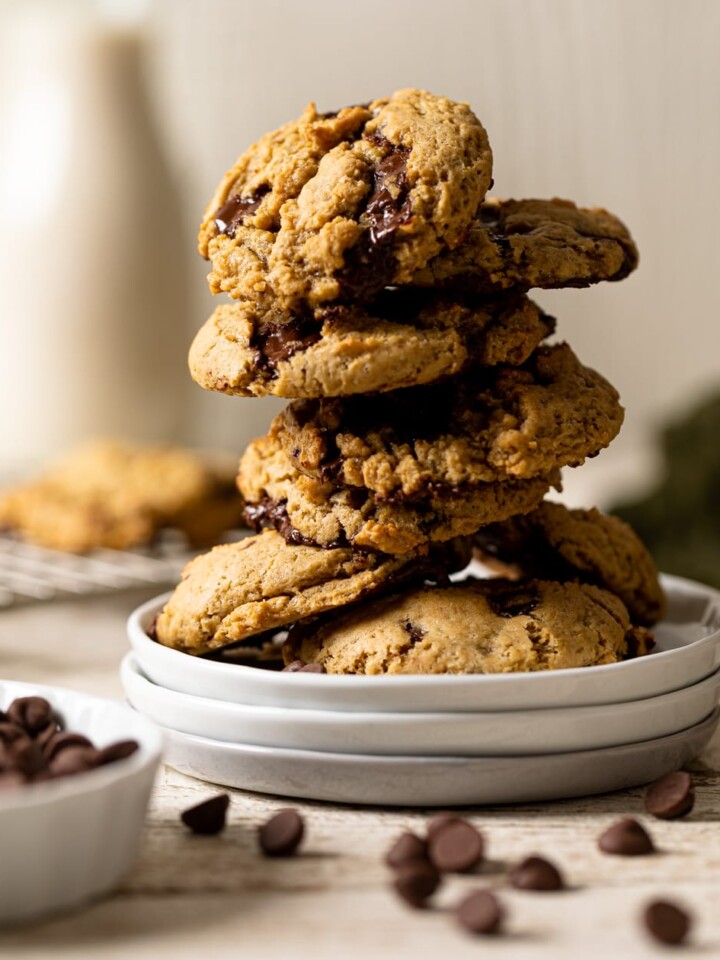
LOVE THIS RECIPE?
LET US KNOW!